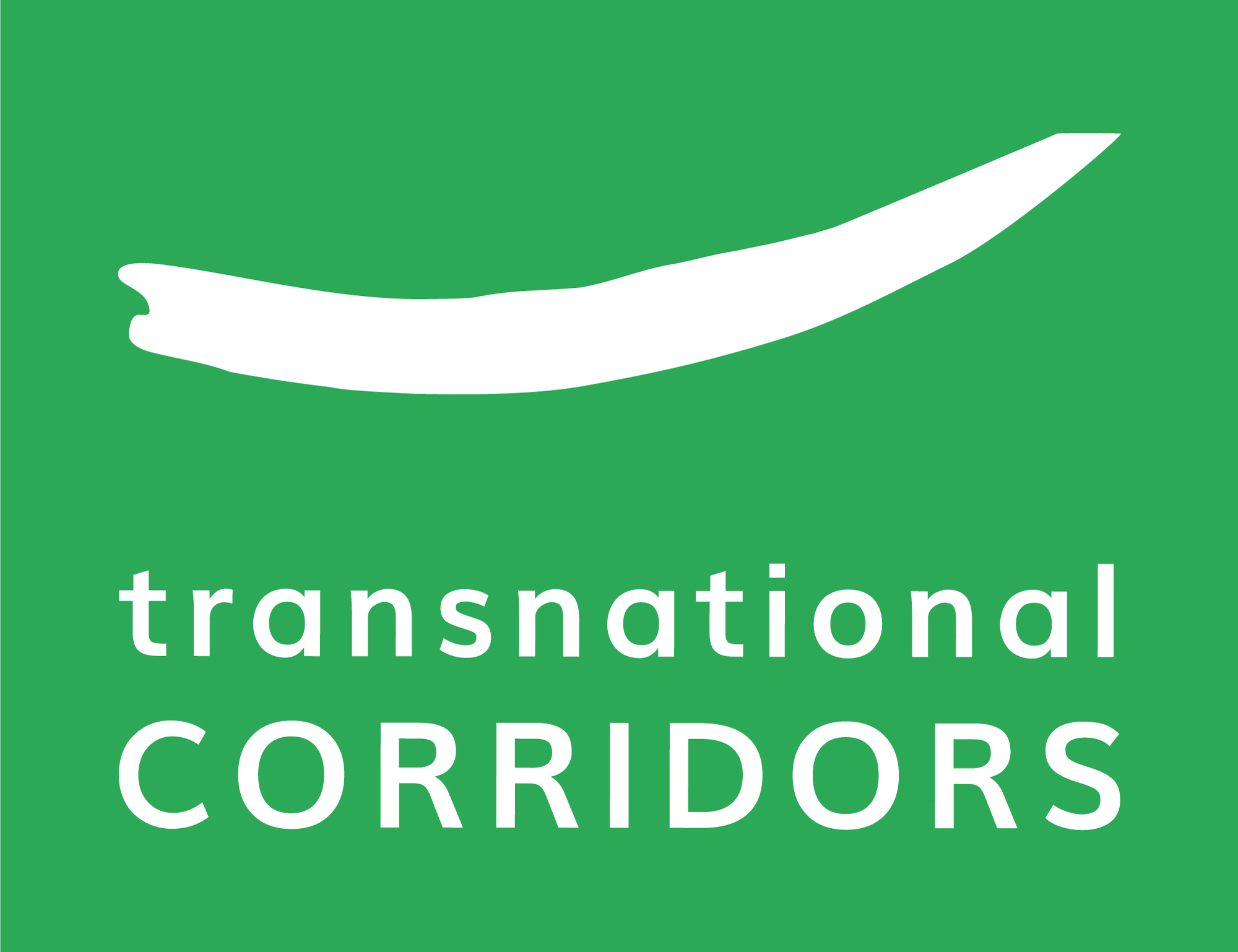HOW WE WORK
Above all, we initiate projects in the field of youth education. We take a systematic approach to our work. We appeal to all parties involved in the education chain - schools, universities, businesses, public agencies, charity organisations, families, doctors - in order to support young people as they progress through this system.
- We secure these areas (licence to operate) by cooperating with public institutions in Germany and abroad, and by involving parties on the managerial level as much as possible in our projects.
- Our projects consistently focus on aspects of public policy where these are in the process of being implemented by public bodies, e.g. the increase in the rates of enrolment in education in rural areas, or the inclusion of young people in the labour market. Our partners are focussed on achieving the goals set by their central governments, and they cooperate with us to benefit from our financial support and know-how.
- In order that we remain close to the action, we undertake projects on both a regional and provincial level, in areas where decentralisation is already fairly progressed. This also means that we’re active in areas where there is a functioning state.
- We do not establish new organisations ourselves but complement and connect the services and strengths of existing public institutions. This has certain advantages - we have minimal fixed costs, our target groups benefit directly from a maximum amount of funds, parties are quick to adopt our projects and integrate them into their own social systems.
Our operational principles
CIVIL SOCIETY TRANSNATIONAL GENDER
- Civil society
In the last few years, new possibilities have arisen in various countries as a result of investments in civil society, reforms of business foundations and state decentralisation. We’ve been able to take advantage of these new opportunities. This has enabled us to mobilise social energies which as yet have remained unused, unharnessed by the economy, by public bodies and religious institutions. We move beyond these three traditional value systems and operational systems to create new platforms and networks which facilitate social innovation. - Transnational
We aim to reduce financial and social inequalities, and the differences in knowledge between people in different regions. We aim to ensure that every employee and every supported individual feels valued and so makes the best use of his or her skills for our joint cause. Thanks to digital media, we’re able to coordinate transnational and virtual working groups and bring new spheres of life into being. Via our transnational approaches, we aim to compensate a little for what is often lacking in national methods. - Gender Based
In rural regions in Africa, Asia and Latin America, it is extremely difficult for women to access technical or higher education and pursue their own personal development. This reduces educational opportunities for children, and so gives rise to a vicious circle. Through better education and training, we aim to give young women a better chance of achieving success in labour markets. The social position of girls and young women often changes when the traditional head of the family realises that his daughter can attract external resources. Our projects focus on resources and the media and therefore increase the social status of families.
Our methods
- We cooperate with our target groups in the long-term. These groups include primary school and secondary school pupils, students, and graduates. Our projects are divided into three-year phases and may have a total duration of up to nine years. This is the time in which a child becomes an adult.
- Our social projects respond to the needs of our target groups. We create and evaluate the projects in collaboration with our target groups and so broaden participatory approaches.
- We consider the children and young people we support not only as individuals, but also as social beings. We therefore consistently encourage and steer groups and individuals within these groups in order to be able to respond to their particular needs.
- In addition, we consider the children and young people we support in the context of their families. After all, it is an individual’s family which makes the most important contribution to their social, psychological and material development.
